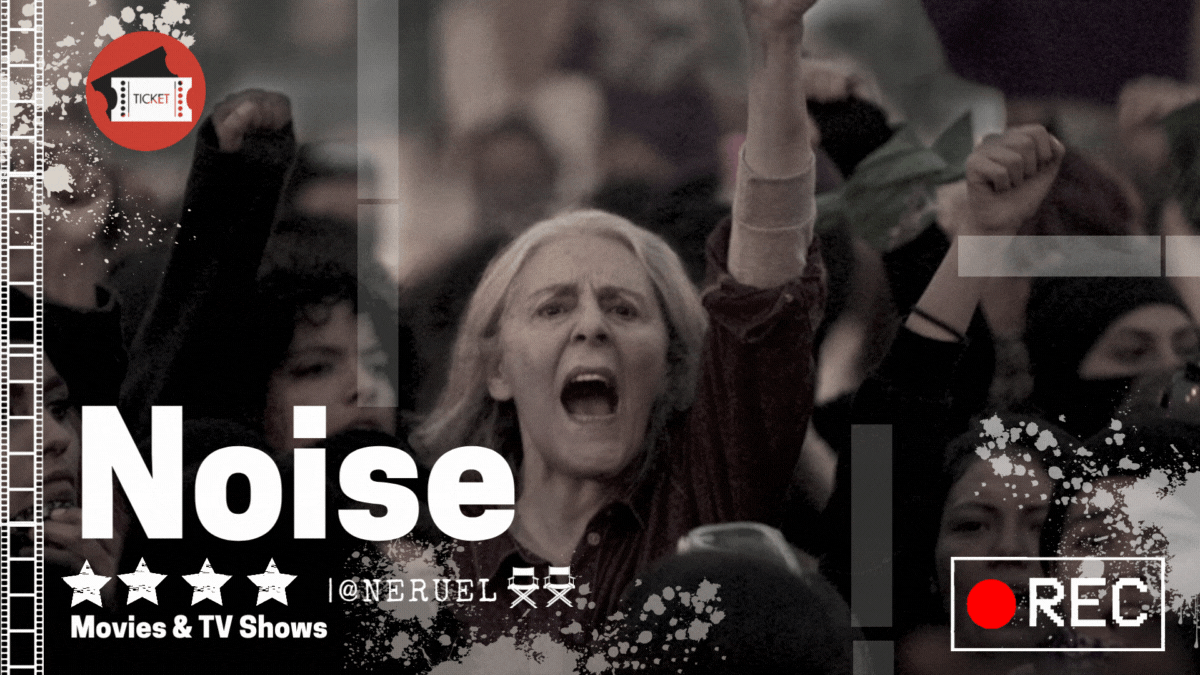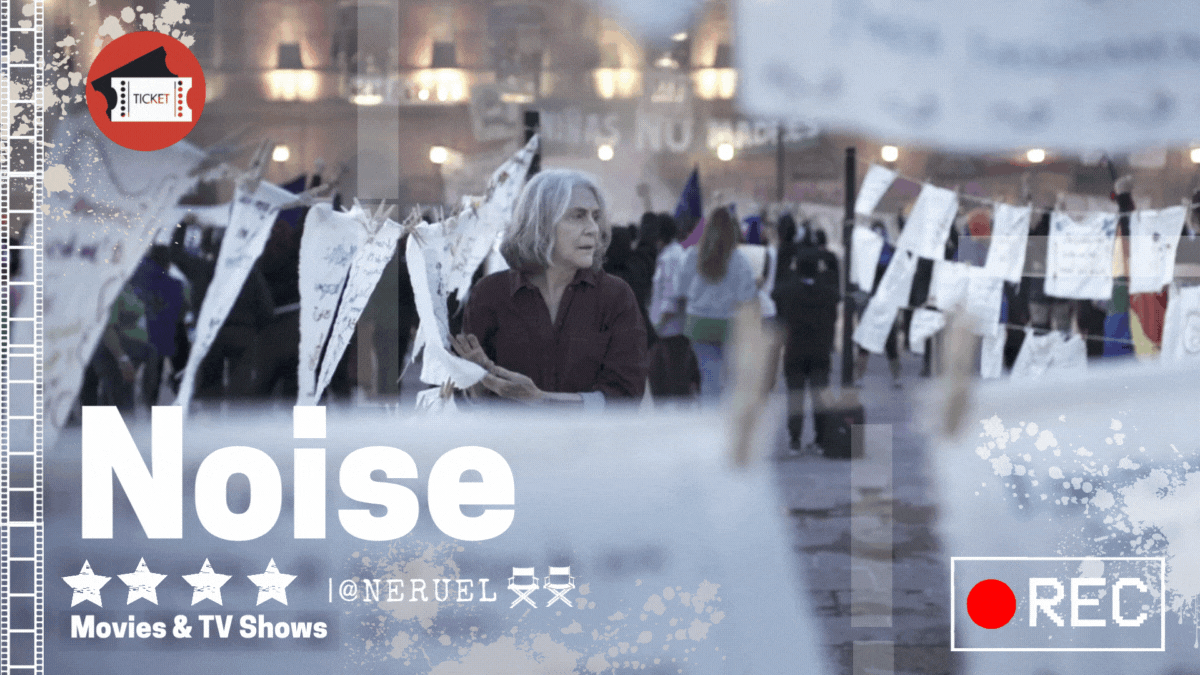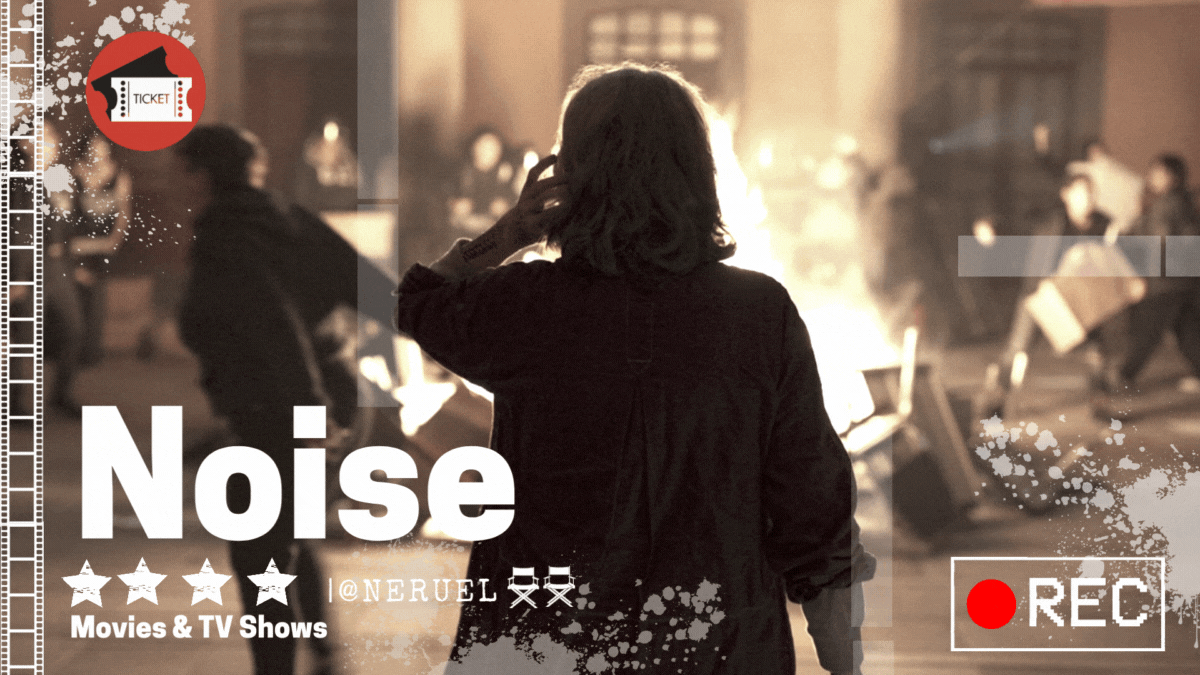The voices scream with a deep intensity, the truth is that time does not heal when so many souls have been slaughtered for so long by those who represent evil. Flesh, bones and blood surrounded everywhere by innocent lives.
Las voces gritan con una intensidad profunda, la verdad es que el tiempo no sana cuando muchas almas han sido masacradas durante tanto tiempo por aquellos que representan el mal. Carne, huesos y sangre rodeada por todas partes de vidas inocentes.





There are Dantesque scenes that degrade human life as if it were a simple sack of garbage. The truth is that the lights go out when evil echoes on the sly and nothing can satiate it. The world is tinged with a red color, with things we cannot see and something that is covered up to degrade people in a very strong way.
Being realistic, objective and pragmatic is the most reasonable thing to do when everything starts to contract little by little. The variability of perspectives is what has caused a great hecatomb, but in itself it is the most optimal. Such variation has caused that there are places in the world that are fully free and where one can walk around without fear of dying or perishing from criminality.
Noise is a hidden title that reflects the truth of an evident situation in a sea flooded with atypical crimes that break down the structural order of a State, that which in principle is failed in the perception of some and for others is one of those bombs that implodes so as not to heal its realities.
It hurts when someone disappears, it hurts when someone is hurt and we can't save them. Justice, that is what people want when a loved one has lost their life. This is something that is sought in every country in the world. The truth is that it can even burn to the point of devouring people, but the truth is that there is not much to do when corruption overwhelms the power structure.
This I say as a human being and citizen, if justice prefers money, one succumbs to fear to be an eternal accomplice of the same omen: A cycle that drags life. Everything I mentioned is the small starting point of this film.
Existen escenas dantescas que degradan la vida humana como si fuera un simple saco de basura. La verdad es que las luces se apagan cuando el mal hace eco a escondidas y nada le puede saciar. El mundo está teñido de un color rojo, de cosas que no podemos ver y algo que se encubre para degradar de manera muy fuerte a las personas.
Ser realistas, objetivos y pragmáticos es lo más razonable cuando todo se empieza a contraer poco a poco. La variabilidad de perspectivas es lo que ha causado una gran hecatombe, pero en sí mismo es lo más óptimo. Tal variación ha provocado que existan lugares del mundo plenamente libres y donde se pueda transitar sin miedo a morir o perecer por la criminalidad.
Ruido es un título escondido que refleja la verdad de una situación evidente en un mar inundado de delitos atípicos y que descomponen el orden estructural de un Estado, ese que en principio es fallido a la percepción de algunos y para otros es una bomba de esas que se implosiona para no sanar sus realidades.
Duele cuando alguien desaparece, duele cuando alguien está herido y no le podemos salvar. Justicia, eso es lo que la gente desea cuando un ser querido ha perdido la vida. Esto es algo que se busca en todos los países del mundo. La verdad es que puede incluso quemar al punto de devorar a las personas, pero lo cierto es que no existe mucho que hacer cuando la corrupción agobia la estructura del poder.
Esto lo digo como ser humano y ciudadano, si la justicia prefiere el dinero se sucumbe al miedo para ser cómplice eternamente del mismo presagio: Un ciclo que arrastra la vida. Todo lo que mencioné es el pequeño punto de partida de este film.




What is the Argument?
A failed state reigns and deaths increase every year due to despot and repulsive criminality. Human life does not matter, human trafficking and missing persons are a daily occurrence for Mexican authorities.
A mother wishes, if nothing else, to find the remains of her missing daughter. Evil is added, money becomes the most elemental thing in the search and social criticism takes the main arc of the scenes in a progressive way.
Art and Human Trafficking
Noise is a powerful film, but very difficult to digest. On the one hand, you visualize the corruption and lack of interest of public servants, while on the other hand it talks about millions of deaths. A key point in the plot is art because the protagonist of the film is a mother who screams, but can not be heard by anyone. The irony is that there is no answer for her.
If someone disappears the summary that leaves for granted the plot argument is that you must accept it, but where you repudiate in a latent way corruption.
¿Cuál es el Argumento?
Un Estado Fallido impera y las muertes cada año aumentan debido a la criminalidad déspota y repulsiva. La vida humana no importa, la trata de personas y los desaparecidos son algo cotidiano para las autoridades mexicanas.
Una madre desea, al menos, encontrar los restos de su hija desaparecida. El mal se añade, el dinero se vuelve lo más elemental en la búsqueda y la crítica social toma el arco principal de las escenas de manera progresiva.
Arte y Trata de Personas
Ruido es un film poderoso, pero muy difícil de digerir. Por un lado, visualizas la corrupción y la falta de interés de los servidores públicos, mientras que por otro se habla de millones de muertes. Un punto clave en la trama es el arte debido a que la protagonista del film es una madre que grita, pero no puede ser escuchada por nadie. Lo irónico es que no existe una respuesta para ella.
Si alguien desaparece el resumen que deja por sentado el argumento de la trama es que debes aceptarlo, pero donde repudias de manera latente la corrupción.





Is it a Dangerous film for a Weak Democracy?
It depends, today's productions have a double appreciation, however, it depends on the degree of receptivity and deep criticism of a State that has always been known by the world as corrupt in its foundations.
Don't get me wrong, we can love our countries, but if a journalist is killed, if there are rapes, forced disappearances and the drug cartels echo, the state has simply failed. The reality cannot be hidden, it hurts, it hurts deeply because of the risk to a person's life.
In Venezuela, a telenovela proved catastrophic for a moldable government structure, and the result of the criticism resulted in a deeper evil. Can this film provide a conscientization? It must be viewed objectively and not passionately.
Failed Policy?
The reality is that there is something certain in Latin America and in the entire planet: crime is not fought because those in power are part of it. Can the crime rate be reduced? The answer must be determined by each country with its own models adapted to its own culture. This is something that director and screenwriter Natalia Beristain takes advantage of very well in this plot.
¿Es un film Peligroso para una Débil Democracia?
Depende, hoy día las producciones poseen una doble apreciación, no obstante, depende del grado de receptividad y la crítica profunda a un Estado que siempre ha sido conocido por el mundo como corrompido en sus bases.
No me malinterprete, podemos amar nuestros países, pero si se mata a un periodista, si existen violaciones, desapariciones forzadas y los carteles de droga hacen eco, simplemente el estado ha fracasado. La realidad no se puede ocultar, duele, duele profundamente por el riesgo a la vida de una persona.
En Venezuela, una telenovela resultó catastrófica para una moldeable estructura gubernamental, y el resultado de la crítica resultó en un mal más profundo. ¿Puede este film otorgar una concientización? Debe mirarse de manera objetiva y no pasional.
¿Política Fallida?
La realidad es que existe algo cierto en América Latina y en el planeta entero, la delincuencia no se combate, porque los que están en el poder forman parte de ella. ¿Sé puede disminuir la tasa de criminalidad? La respuesta la debe determinar cada país con sus modelos adaptados a su propia cultura. Esto es algo que aprovecha muy bien la directora y guionista Natalia Beristain en esta trama.





Marked Messages
Julieta Egurrola makes something very clear in her role as Julia, the pain that a mother feels for losing a daughter is not suppressed by anyone. Even when the authorities scoff, and do nothing, she seeks to find the truth behind her daughter's disappearance.
The atrocity of what happens to missing persons is very difficult to assimilate, but Julia remains strong in the face of the pain and the imminent truth that her daughter will not return. One of the characters I liked the most in this plot was Teresa Ruiz as journalist Abril Escobedo, Mexico is the most dangerous country to practice this profession. Although in my opinion it is in a large part of the world, as long as objectivity or professional judgment prevails.
The plot of this film contains a postmodernist argument, that which is marked in the criticism of those who receive bribes to perform public favors, and of those who corrupt themselves in order not to perform their work out of fear.
Regardless of the criteria that each one has regarding personal positions, nothing, absolutely nothing makes it possible for a human being to take the life of another, and subject a family to face devastation.
Fear, dread and agony are felt when you are told that a person can be dismembered at the pleasure of order-breaking monsters. Indeed, the only definition this production can give you is: "Criminality."
The closing of this plot succumbs to a sentence that corrodes the structural order, but leaves something for granted: Feminicide, white slavery and unconscionable homicides are still there and not in a file. What is the real oppressor state: organized crime or the governmental structure? The answer can be found in a noise that went unheard.
Mensajes Marcados
Julieta Egurrola deja algo muy claro en su papel como Julia, el dolor que siente una madre por perder una hija no lo suprime nadie. Aun cuando las autoridades se mofan, y no hacen nada, ella busca encontrar la verdad tras la desaparición de su hija.
La atrocidad de lo que les sucede a las personas desaparecidas es muy difícil de asimilar, pero Julia se mantiene fuerte ante el dolor y la inminente verdad de que su hija no regresará. Uno de los personajes que más me gustó en esta trama fue el de Teresa Ruiz como la periodista Abril Escobedo, México es el país más peligroso para ejercer esta profesión. Aunque a mi modo de ver lo es en una gran parte del mundo, siempre que impere la objetividad o el criterio profesional.
La trama de este film contiene un argumento postmodernista, ese que se marca en la crítica de aquellos que reciben coimas para efectuar favores públicos, y de los que se corrompen para no efectuar su labor por miedo.
Indistintamente del criterio que cada uno posee referente a las posiciones personales, nada, absolutamente nada posibilita que un ser humano arrebate la vida de otro, y someta a una familia a enfrentar la devastación.
El temor, el pavor y la agonía se sienten cuando te dicen que una persona puede ser desmembrada por el gusto de monstruos que quebrantan el orden. En efecto, la única definición que esta producción le puede dar es: "Criminalidad".
El cierre de esta trama sucumbe ante una frase que corroe el orden estructural, pero deja algo por sentado: el feminicidio, la trata de blancas y los homicidios desmedidos estan aún ahí y no en un archivo. ¿Cuál es el verdadero Estado opresor: el crimen organizado o la estructura gubernamental? La respuesta se puede encontrar en un ruido que no fue escuchado.


